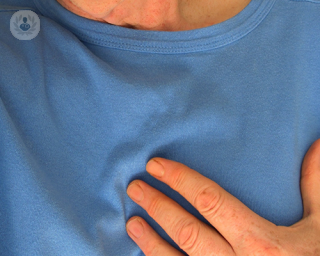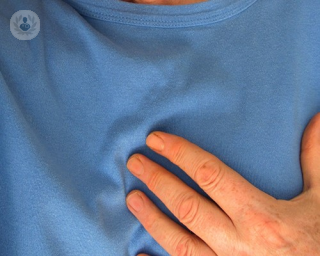Aortic valve surgery: Procedure, recovery, and long-term care
Aortic valve surgery is a critical procedure aimed at addressing various conditions affecting the aortic valve, a crucial component of the heart's function. Here, Mr George Asimakopoulos, renowned consultant cardiac surgeon, offers an expert insight into aortic valve surgery, discussing the procedure, recovery expectations, and long-term care.


















